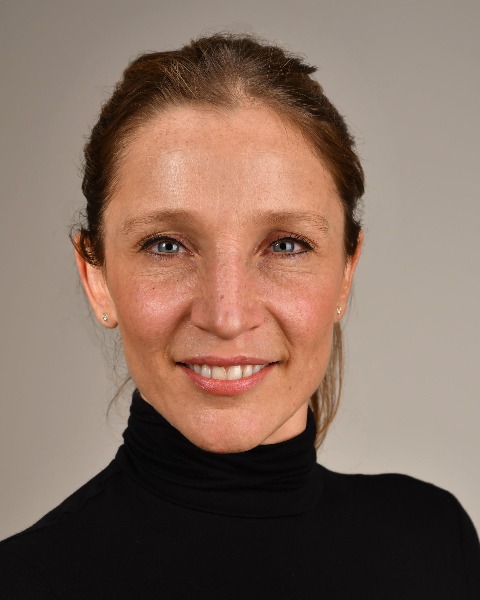Poster Session 4
(973) Uterine inflammatory characteristics following cesarean delivery

Aya Mohr-Sasson, MD (she/her/hers)
Doctor
Division of Minimally Invasive Gynecological Surgery, Department of Obstetrics, Gynecology and Reproductive Sciences, UTHealth McGovern Medical School
Houston, TX, United States- TD
Tal Dadon, MD
Doctor
Sheba Medical Center
Ramat Gan, Tel Aviv, Israel - DS
David Stockheim, MD
Doctor
Sheba Medical Center
Ramat-Gan, Tel Aviv, Israel - JH
Jigal Haas, MD
Physician
Sheba Medical Center
Ramat-Gan, Tel Aviv, Israel - AA
Adva Aizer
Sheba Medical Center
Ramat-Gan, Tel Aviv, Israel - RM
Roy Mashiach, MD
Sheba Medical Center
Ramat-Gan, Tel Aviv, Israel - RO
Raoul Orvieto, MD
Physician
Sheba Medical Center
Ramat-Gan, Tel Aviv, Israel
Submitting Author and Presenting Author(s)
Coauthor(s)
An incomplete healed scar (niche) is a long-term complication of cesarean delivery (CD), and is associated with symptoms including subfertility. One theory refers to inflammatory process at the area of the niche that harms the endometrial environment, however, data is limited. The aim of this study is to compare the inflammatory characteristics of women with cesarean uterine scar to those without.
Study Design:
This is a prospective study including all women visiting hysteroscopy ambulatory clinics for diagnostic hysteroscopy. Study population included women with cesarean uterine scar (study group that were compared to those without (controls). A syringe was attached to the outlet of the diagnostic hysteroscope and the first 5 cc of 0.9% normal saline fluid used for hydro dissection were collected. The samples were analyzed for inflammatory factors levels, including: GM-CSF, IFN-gamma, IL-1, IL-2, IL-5, IL-6, IL-7. IL-13, IL-15, IL-17, IL-17F, IL-22, IL-23, IL-31, IL-36 and TNF-alpha. Primary outcome was defined as the difference in inflammatory factors level.
Results:
80 women met inclusion criteria, of them 29(36%) had history of CD and 51(64%) had no uterine scar. No difference was found in the level of any of the 17 factors collected. Analysis by indication to perform the procedure, comparing infertility to all other indications, revealed significantly higher IL33 levels in the infertility group [25.60(2.80-185.83) vs. 5.98( (0-43.84pg/ml; p=0.02]. While comparing the 9 women with infertility to the 20 women without infertility in the CD group, no difference was found in uterine scar characteristics, however, IL 33 was found to be 25 times higher in the infertility group [61.23(19.84-169.44) vs. 4.61(0-33.72) pg/ml;p=0.004]. This difference was not demonstrated in women without CD (p=0.29).
Conclusion:
Women undergoing evaluation due to infertility with history of uterine scar have significantly higher level of inflammatory marker IL33. This novel finding might be grounds for future treatment for this population.

